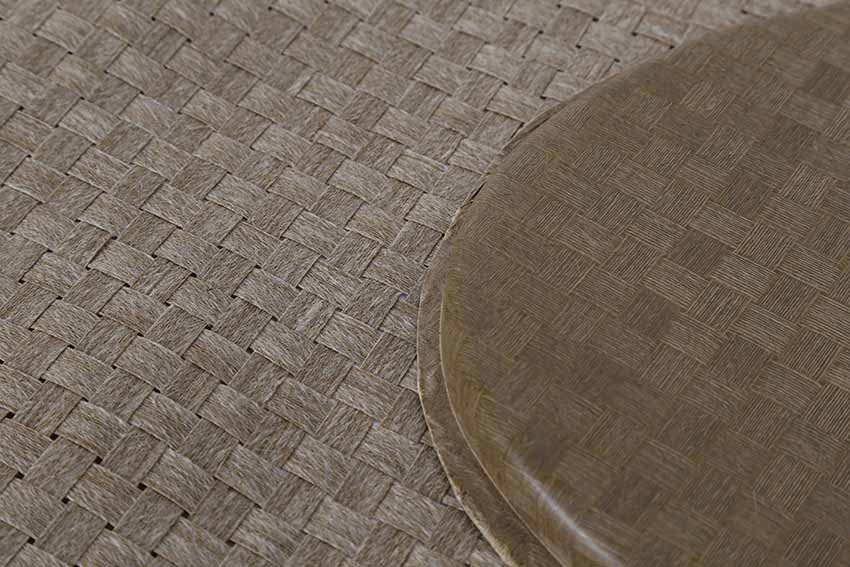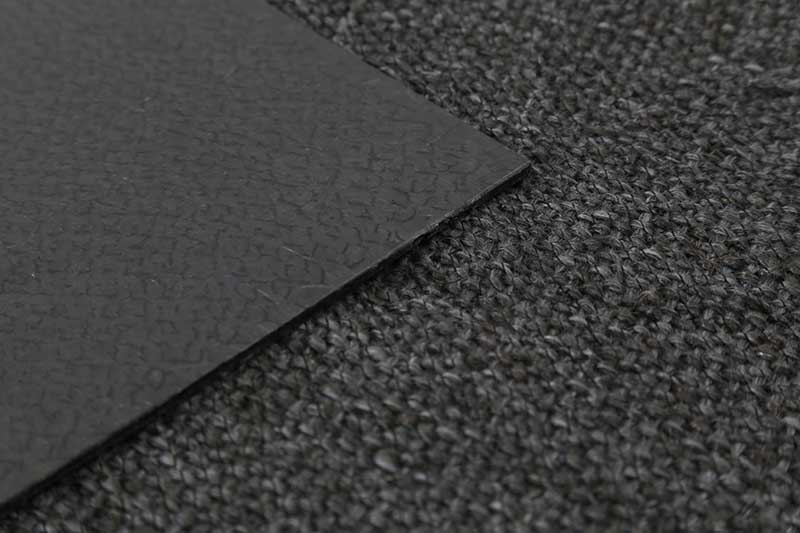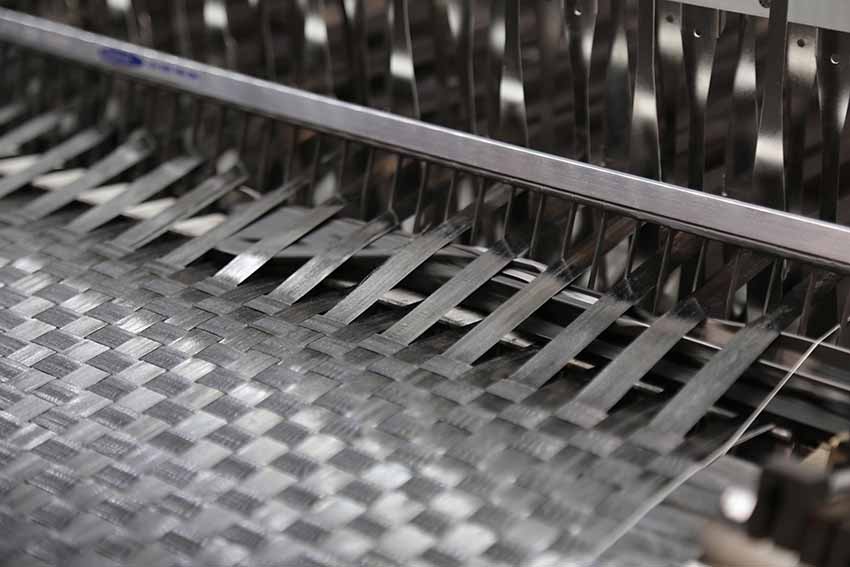Blackfabric is a textile manufacturer of bidirectional technical fabrics based in Barcelona, Spain. They offer innovative sustainable fabrics for composites applications, weaving all types of fibers and recyclable thermoplastic matrices.
Interview with Marina Ginestà Mujal, Product Manager at Blackfabric.
Easy Engineering: A brief description of the company and its activities.
Marina Ginestà Mujal: Blackfabric was born from the collaboration of two Spanish companies from the textile sector, both with more than 20 years of experience in the technical fabrics sector; One of the companies being Marina Textil, a well-known company in the field of technical fabrics for personal protective equipment, with a production capability of 3.5M meters of fabric a year and with a sales force to sell fabrics in more than 50 countries around the world. And the other being Texfire, a textile engineering company that develops customized textile solutions for high temperature applications. Taking advantage of their knowledge in the design and production of technical fabrics, Marina Textil and Texfire have joined forces to launch a new line of evolved fabrics for the world of composites, betting on change, for a more sustainable world.
E.E: What are the main areas of activity of the company?
M.G.M: Blackfabric is a producer of fiber-reinforced thermoplastic composites, offering a wide range of bidirectional fabrics with a strong emphasis on providing innovative and sustainable solutions. Our expertise lies in the design and production of bidirectional fabrics for the composites sector, with the goal of offering customized solutions that match the specific requirements of our clients and their final products.

With a well-equipped weaving plant capable of producing bidirectional fabrics up to 200 cm wide and an annual capacity of 3 million linear meters, we also have specialized machinery for weaving flat spread tows and a laboratory sample loom for fabric sampling. Additionally, we have an in-house bonding plant and hot plate press for thermoplastic lamination and thermoforming. Our dedicated quality control laboratory and engineering R&D team are continuously working on developing innovative and sustainable solutions.
E.E: What’s the news about new products?
M.G.M: Blackfabric offers a wide range of thermoplastic prepregs, combining different fibers with polymers to provide a solution that is ready for direct thermoforming without the need for additional resin impregnation processes. Thermoplastics are still relatively new materials in the composites sector, which has been predominantly working with thermoset epoxy resins that are not recyclable. In contrast, thermoplastic polymers offer shorter forming processes, can be stored and transported at ambient temperature without expiration, are flexible and easy to handle, provide high impact resistance, and can be repaired and recycled.
E.E: What are the ranges of products?
M.G.M: Blackfabric offers dry fabrics and stabilized fabrics suitable for thermosets and thermoplastics. In addition, the collection of thermoplastic prepregs is divided into three main families: laminated fabrics, where the thermoplastic is laminated in film format on the fabric surface; spread-tow fabrics, where the spread flat tapes are already impregnated with the matrix polymers; and hybrid fabrics, which are made from commingled yarns combining reinforcement fibers and matrix fibers. Furthermore, we have a range of more sustainable fabrics that include natural fibers and recycled carbon fiber solutions. Moreover, we offer customized solutions to adapt the fabric properties to the customer needs.

E.E: At what stage is the market where you are currently active?
M.G.M: Currently, the majority of our products are dedicated to sports goods applications, such as paddle rackets, oars, protective gear, skis, etc. This sector is experiencing continuous growth and evolution, and there is an increasing readiness to transition from thermosets to thermoplastics. Blackfabric also has plans to expand into the automotive and maritime sectors in the coming years.
E.E: What can you tell us about market trends?
M.G.M: There is a growing interest in sustainability, and the sector is actively working to find more sustainable solutions. Efforts are being made to give new life to carbon fiber through recycling and reprocessing. The incorporation of recycled and recyclable materials is increasingly required by regulations, and it will become a mandatory requirement in the coming years. The interest in natural fibers is also evident. Blackfabric believes it is on the right path by continuing to invest in thermoplastic matrices, which offer revolutionary sustainable advantages, easier recyclability, and reusability.
E.E: What are the most innovative products marketed?
M.G.M: One of the most innovative products offered by Blackfabric is the first bidirectional fabric made from recycled carbon fibers and thermoplastic fibers. We are able to align recycled fibers to create a 0/90 fabric, achieving properties twice as good as existing solutions on the market, such as non-woven fabrics and mats, where the fibers are not oriented.

E.E: What estimations do you have for 2023?
M.G.M: In 2023, we anticipate a growing interest in natural fibers and recycled fibers. However, we have observed a significant increase in interest in thermoplastics. It will be the prevailing trend across all sectors in the coming years, and we are proud to be pioneers, offering a wide range of customized solutions for all sectors and applications!


